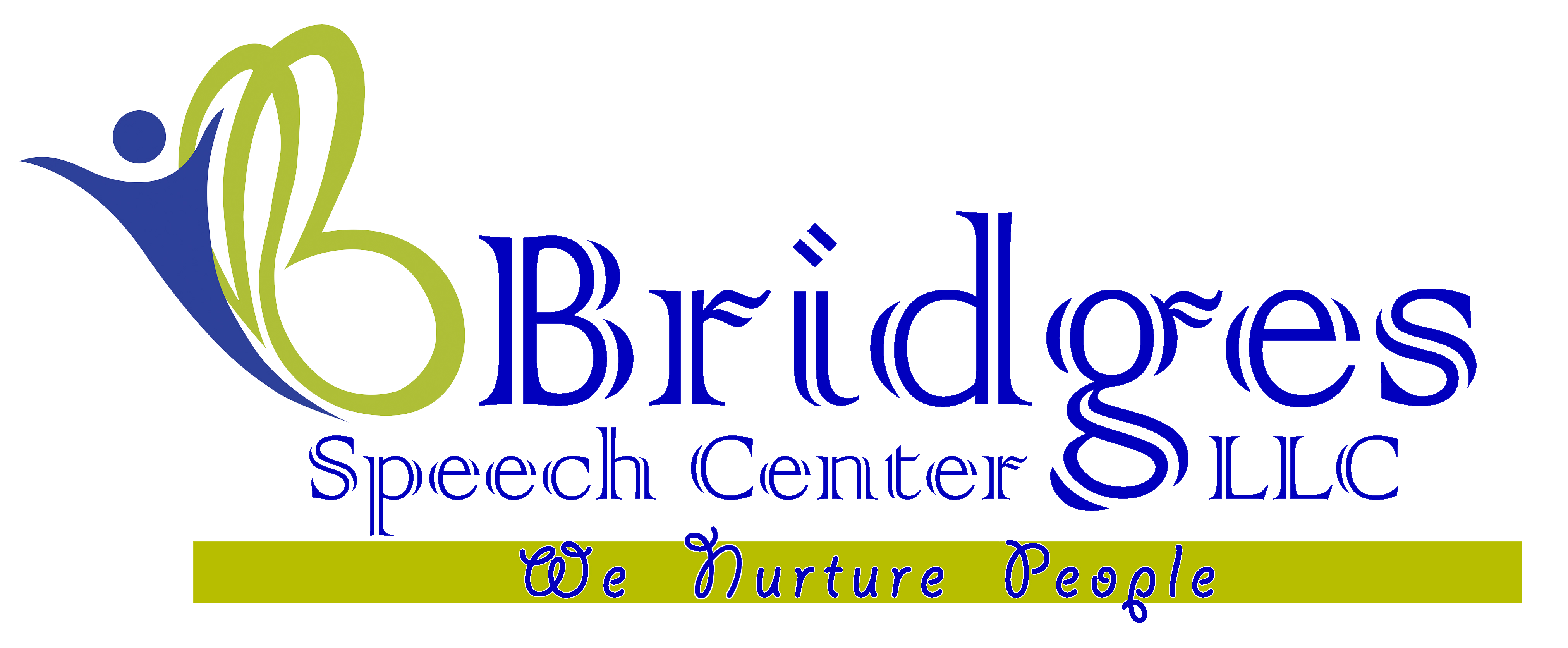- About Us
- Our Services
- Speech Therapy
- Speech and Language Therapies for Adults in Dubai
- Speech and Language Therapies for Children in Dubai
- Accent therapy
- Augmentative Alternative Communication (AAC) Therapy
- Articulation Speech Therapy
- Auditory Processing therapy/ Auditory verbal therapy
- Language Intervention: Speech Delay therapy
- Oral Motor Therapy
- Play Based therapy
- PROMPT/DTTC/RePT for Childhood Apraxia of Speech
- Social communication/Pragmatic language therapy
- Stuttering / Stammering therapy Program
- Spellography Program for Dyslexia
- Voice Therapy
- Home Care Services
- Feeding Therapy
- Physiotherapy
- Pediatric and Geriatric Physiotherapy
- Fall Prevention Programs for the Elderly
- Developmental Delay Treatment for Children
- Cerebral Palsy Management for Children
- Pediatric Orthopedic Conditions
- Osteoporosis Management for the Elderly
- Sports Injuries in Children
- Mobility and Balance Training for Elderly
- Joint Pain Treatment (Knee, Shoulder, Hip)
- Age-Specific Exercise Programs
- Coordination and Balance Exercises
- Orthopedic Physiotherapy
- Neurological Physiotherapy
- Sports Physiotherapy
- Cardiopulmonary Physiotherapy
- Women’s Health Physiotherapy
- Manual Therapy
- Therapeutic Exercise
- Pain Management
- Electrotherapy
- Ergonomic Consultation
- Tele-Physiotherapy Services
- Pediatric and Geriatric Physiotherapy
- Occupational Therapy
- Sensory Integration
- Clinical Psychology & Psychotherapy
- Cognitive Behavioral Therapy(CBT)
- ABA /Behavior Therapy
- Bridge Learning Program
- Group therapy
- Summer/Winter Program
- Telehealth Services
- Training Program/CEU
- Internship/ Observership
- Speech Therapy
- Super Team
- Collaboration
- Training Course
- News/Blogs
- About Us
- Our Services
- Speech Therapy
- Speech and Language Therapies for Adults in Dubai
- Speech and Language Therapies for Children in Dubai
- Accent therapy
- Augmentative Alternative Communication (AAC) Therapy
- Articulation Speech Therapy
- Auditory Processing therapy/ Auditory verbal therapy
- Language Intervention: Speech Delay therapy
- Oral Motor Therapy
- Play Based therapy
- PROMPT/DTTC/RePT for Childhood Apraxia of Speech
- Social communication/Pragmatic language therapy
- Stuttering / Stammering therapy Program
- Spellography Program for Dyslexia
- Voice Therapy
- Home Care Services
- Feeding Therapy
- Physiotherapy
- Pediatric and Geriatric Physiotherapy
- Fall Prevention Programs for the Elderly
- Developmental Delay Treatment for Children
- Cerebral Palsy Management for Children
- Pediatric Orthopedic Conditions
- Osteoporosis Management for the Elderly
- Sports Injuries in Children
- Mobility and Balance Training for Elderly
- Joint Pain Treatment (Knee, Shoulder, Hip)
- Age-Specific Exercise Programs
- Coordination and Balance Exercises
- Orthopedic Physiotherapy
- Neurological Physiotherapy
- Sports Physiotherapy
- Cardiopulmonary Physiotherapy
- Women’s Health Physiotherapy
- Manual Therapy
- Therapeutic Exercise
- Pain Management
- Electrotherapy
- Ergonomic Consultation
- Tele-Physiotherapy Services
- Pediatric and Geriatric Physiotherapy
- Occupational Therapy
- Sensory Integration
- Clinical Psychology & Psychotherapy
- Cognitive Behavioral Therapy(CBT)
- ABA /Behavior Therapy
- Bridge Learning Program
- Group therapy
- Summer/Winter Program
- Telehealth Services
- Training Program/CEU
- Internship/ Observership
- Speech Therapy
- Super Team
- Collaboration
- Training Course
- News/Blogs
Table of Contents
ToggleStuttering / Stammering Therapy Program in Dubai
- Home
- Our Services
- Stuttering / Stammering therapy Program
Stuttering/Stammering therapy in Dubai
Fluency therapy, a specialized branch of speech-language pathology, is dedicated to helping individuals enhance their fluency and achieve smoother, more fluent speech. It primarily focuses on assessing and treating stuttering and other fluency disorders, aiming to improve speech rhythm, flow, and overall communication confidence. Here’s an elaboration on fluency therapy:
1. Stuttering Management:
- Comprehensive Assessment: A thorough evaluation is conducted to assess the nature and severity of stuttering behaviors, as well as contributing factors such as emotional reactions and communication contexts.
- Targeted Intervention: Based on assessment findings, targeted intervention strategies are implemented to address specific aspects of stuttering, such as speech motor coordination, language formulation, and cognitive-emotional factors.
2. Awareness and Acceptance:
- Self-Monitoring: Individuals are trained to monitor their own speech patterns and identify instances of stuttering behavior. This heightened awareness is a crucial first step towards self-management and acceptance.
- Education and Counseling: Psychoeducation about stuttering and its neurological basis helps individuals develop a more accurate understanding of their condition, reducing feelings of shame or inadequacy.
3. Reducing Avoidance:
- Systematic Desensitization: Through gradual exposure to feared speaking situations, individuals gradually confront and overcome avoidance behaviors. This exposure is carefully structured to ensure that it is manageable and gradually progresses as confidence grows.
- Cognitive Restructuring: Therapists work with clients to challenge negative beliefs and expectations surrounding stuttering, replacing them with more adaptive and empowering thoughts.
4. Fluency Techniques:
- Behavioral Strategies: Techniques such as prolonged speech, gentle onset of sounds, and light articulatory contacts are introduced to facilitate smoother speech production and reduce stuttering frequency.
- Systematic Practice: Clients engage in structured practice sessions to internalize fluency-enhancing techniques and integrate them into spontaneous speech.
5. Breathing and Relaxation:
- Diaphragmatic Breathing: Clients learn diaphragmatic breathing techniques to regulate breath support and reduce tension in the speech musculature.
- Progressive Muscle Relaxation: Progressive relaxation exercises help individuals release muscular tension associated with stuttering, promoting a more relaxed and effortless speaking style.
6. Desensitization:
- Gradual Exposure: Clients are exposed to increasingly challenging speaking situations in a supportive and controlled environment. By gradually confronting feared situations, individuals build confidence and resilience over time.
7. Communication Strategies:
- Cognitive-Behavioral Techniques: Cognitive restructuring, problem-solving skills, and assertiveness training equip individuals with effective coping strategies to manage stuttering-related challenges in real-life communication contexts.
- Self-Advocacy Skills: Clients learn to assert their communication needs and preferences, advocating for themselves in various social and professional settings.
8. Positive Self-Image:
- Strengths-Based Approach: Therapists highlight clients’ strengths and successes, fostering a positive self-concept and encouraging a shift from a deficit-oriented mindset to a strengths-based perspective.
- Celebrating Progress: Clients are encouraged to celebrate incremental progress and milestones, reinforcing their sense of accomplishment and resilience.
9. Support Network:
- Group Therapy: Group therapy sessions provide a supportive environment for individuals to share experiences, receive feedback, and practice communication skills in a safe and understanding setting.
- Family Involvement: Involving family members in therapy sessions helps build a supportive network and encourages generalization of skills to everyday interactions.
10. Customized Approach:
- Individualized Treatment Plans: Therapy interventions are tailored to address each client’s unique profile, considering factors such as age, developmental stage, communication goals, and personal preferences.
- Flexibility and Adaptability: Therapists continuously monitor progress and adjust treatment strategies as needed to ensure optimal outcomes and client satisfaction.
11. Lifelong Skills:
- Generalization and Maintenance: Therapy focuses not only on acquiring new skills but also on fostering their generalization and maintenance in real-world contexts. Clients are equipped with strategies to sustain progress beyond the therapy setting and throughout their lives.
- Ongoing Support: Post-therapy support and follow-up sessions are available to help clients navigate challenges, reinforce learned skills, and address any emerging needs or concerns.
Fluency therapy empowers individuals who stutter to communicate effectively, confidently, and authentically.
Make Appointment
Testimonials
What Parents Say
Send us an email if you wish to talk to any of them. For more reviews, please go to Google reviews.

My experience with bridges speech centre has been great. My child is attending OT in the center and we are happy and proud with the progress Mrs. Richa has made. The therapists are very supportive and knowledgable in selecting techniques to suit with our child's requirements . Their monthly review and evaluation is remarkable. I highly recommend bridges speech centre to anyone looking for an affordable and professional therapy for their child....

We were asked to consult a speech therapist for my son. As parents we were quite skeptical about this whole process. However, once my son started attending Dr Rupali’s sessions we noticed a drastic improvement in his speech. He used to speak only a few words but within the 1st four sessions he started speaking up-to 5 words sentences. I also learnt to manage my child’s emotions better with Dr Rupali’s guidance. She is very cooperative and patiently answer all questions.

We took our 21 month old daughter to Bridges speech center following her cleft palate surgery as she needed Speech therapy. Ms.Rupali was recommended to us by both our Pediatrician and ENT specialist. The staff at Bridges are qualified, warm and friendly. My daughter loved to attend the speech therapy sessions. Through various techniques and simulations provided during these sessions, I can see considerable improvement in my daughter's speech. Lastly I would say, no child is same, as parents we need to be patient and trust the process.

Rupali was excellent. In just couple of sessions she helped my child overcome difficulty in pronouncing ch and sh sound. Thanks very much.Highly recommend for children who will need assistance in speech therapy.
Blog & Article
Our Latest Blog & Articles
What Is the Difference Between Occupational Therapy and Physical Therapy?
If you are searching what is the difference between occupational therapy and physical...
Sensory Integration Therapy at Home for Children with Sensory Challenges
When a child gets overwhelmed by everyday sounds, refuses certain clothes because they...



